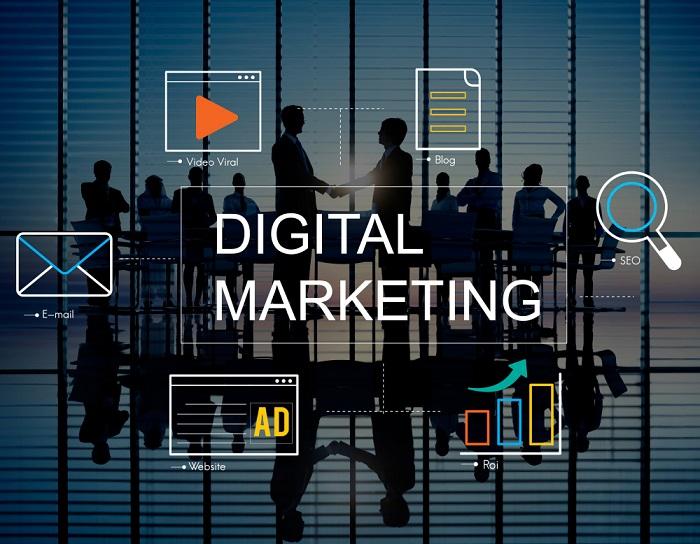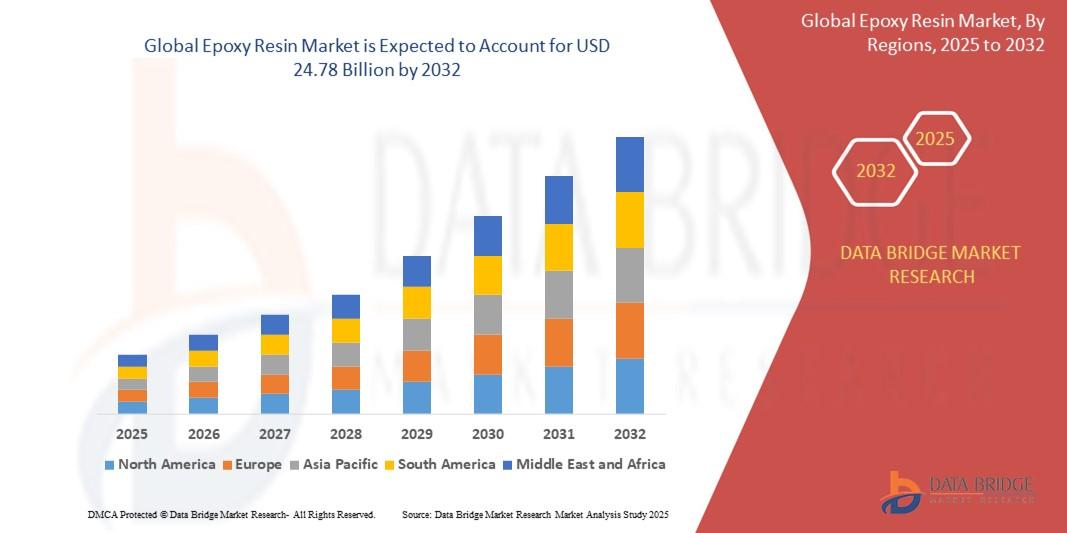Digital Marketing Solutions vs Traditional Marketing: What’s Better?

In today’s rapidly evolving digital age, businesses of all sizes are faced with a key decision:
Should we invest in digital marketing or continue with traditional methods? Both digital and traditional marketing offer unique advantages—while traditional methods like print, TV, and radio build local trust and familiarity, digital marketing provides real-time data, precise targeting, and broader reach at a lower cost. Understanding which approach aligns with your audience, goals, and budget is essential. In many cases, a smart blend of both can drive the best results. Let’s break down the differences clearly so you can choose the most effective strategy for your business growth.
Understanding the Basics
What is Traditional Marketing?
Traditional marketing includes offline channels like:
-
Print ads (newspapers, magazines)
-
TV and radio commercials
-
Billboards and flyers
-
Direct mail and telemarketing
This method has been around for decades and works well for reaching a broad audience, especially those who may not be tech-savvy or active online.
What is Digital Marketing?
Digital marketing, on the other hand, uses online platforms like:
-
Social media (Facebook, Instagram, LinkedIn)
-
Email marketing
-
Google Ads and SEO
-
Content marketing and blogs
It helps businesses reach targeted audiences where they spend most of their time—on their phones and computers.
What Makes Digital Marketing More Effective Today?
Consumer behaviour has changed now. People spend hours daily scrolling through Instagram, reading news online, or searching for services on Google. This shift makes digital marketing solutions not just effective, but necessary.
Targeted Reach: With tools like Facebook Ads and Google Analytics, businesses can target specific age groups, locations, and interests. Traditional marketing can’t offer that level of precision.
Real-Time Results: Digital campaigns show real-time data—clicks, impressions, conversions—you can see what’s working and change strategy instantly.
Cost-Effective: Running a newspaper ad for a week can cost thousands. In contrast, digital marketing allows you to start with a small budget and scale up as results come in.
Better Engagement: Unlike a print ad, digital marketing allows two-way communication. Customers can comment, share, and interact with your content, building trust and connection.
Where Traditional Marketing Still Shines
We won’t dismiss traditional marketing entirely. It still plays a vital role in certain areas:
Brand recall: A creative TV ad or billboard can stay in people’s minds longer.
Local audience reach: Flyers or newspaper ads still work in small towns or for local shops.
Older demographics: Not all age groups are online. Some rely on radio or TV for information.
Which One Should You Choose?
The best approach depends on:
-
Your business goals
-
Target audience
-
Budget
-
Industry
Many successful brands use a mix of both. For example, they run social media campaigns while sponsoring local events or printing brochures.
Digital marketing gives small businesses a level playing field. Whether you’re a startup or a growing company, digital channels let you compete with big brands without spending a fortune.
How Global Key Info Solutions Can Help
In the battle between digital marketing solutions vs traditional marketing, there’s no one-size-fits-all answer. But if you’re aiming for measurable results, better targeting, and long-term growth, digital is the way forward. Global Key Info Solutions crafts tailored digital marketing strategies that align with their goals. From SEO and social media to paid ads and content creation, we help businesses get real results.
We also guide clients on how to blend digital and traditional marketing for maximum impact. Whether you want to reach your local audience or build a global presence, we’ve got the tools and expertise to make it happen.





